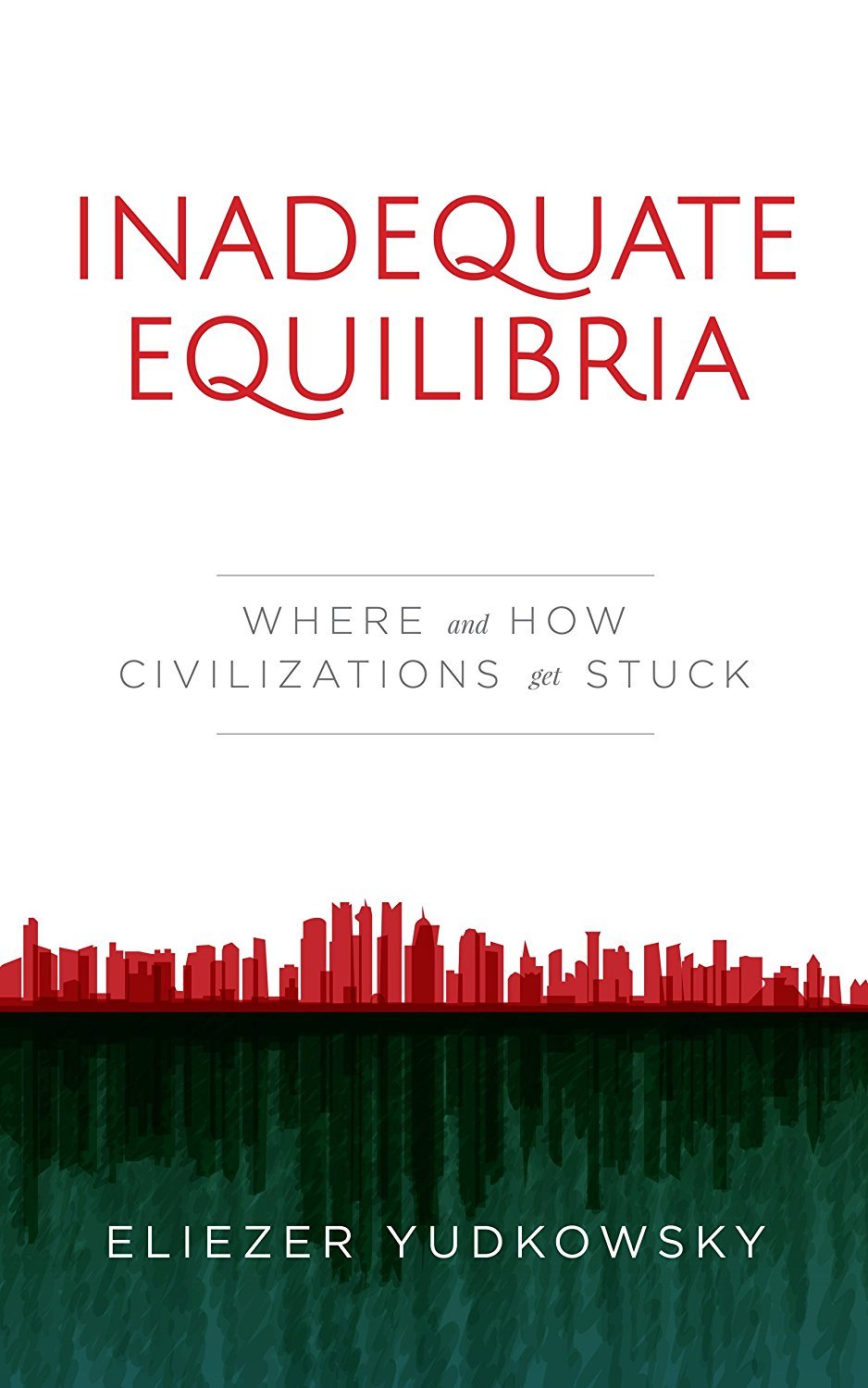
Utopia for Realists: How We Can Build the Ideal World
Book Description
Imagine a world where poverty is eradicated, work is redefined, and everyone can thrive. Rutger Bregman's 'Utopia for Realists' unleashes a bold vision for a future that’s not just a dream but a tangible possibility. With dazzling insights and inspiring examples, he challenges the status quo and reimagines what society can achieve when driven by humanity, empathy, and innovation. Dive into the radical ideas of universal basic income and less work for more rewards, igniting a movement towards true equality and fulfillment. Are we bold enough to chase the utopia within our grasp?
Quick Book Summary
"Utopia for Realists" by Rutger Bregman presents a compelling vision for a society where radical ideas like universal basic income, shorter workweeks, and open borders become practical tools for building a just future. Challenging conventional wisdom, Bregman argues that poverty isn’t inevitable but a solvable problem with the right policies, chiefly unconditional cash transfers. Drawing on historical examples and contemporary research, he demonstrates the economic, social, and psychological benefits of redefining work and exploring ambitious reforms. Bregman’s bold narrative urges readers to rethink the parameters of what’s possible, advocating for optimism, innovation, and a willingness to challenge outdated social norms. Ultimately, the book inspires action towards creating a more equal and fulfilled society, grounded in empathy and evidence.
Summary of Key Ideas
Table of Contents
Eradicating Poverty Through Universal Basic Income
Bregman begins by tackling the root of persistent poverty and makes the case for an unconditional, universal basic income (UBI) as a transformative solution. He underscores how direct cash transfers have proved far more effective than traditional welfare programs, empowering recipients without deterring them from seeking work. Drawing on several real-world trials, Bregman illustrates that poverty is more a lack of cash than a lack of character, reframing the debate about social support and economic justice.
Rethinking the Value and Structure of Work
The author confronts the modern obsession with work and productivity, challenging the presumption that more work leads to greater happiness or well-being. He explores the historical movement for shorter workweeks and traces how the 40-hour model became entrenched. By envisioning less work and more leisure, Bregman outlines how societies might become wealthier not just materially, but in health and happiness, arguing for a redistribution of labor through reduced hours.
The Economic and Social Benefits of Open Borders
Migration emerges as another central theme, with Bregman championing the idea of open borders. He provides evidence from economic studies and historical processes, demonstrating that when people are allowed to move freely, both their lives and the economies of receiving countries improve. The book acknowledges political and social challenges but contends that controlled openness has been and could be an engine for progress and prosperity.
Historical Lessons from Past Utopian Ideas
Bregman draws from major social experiments and utopian visions of the past to show that radical change is possible. Whether discussing Thomas More, the New Deal, or successful pilot programs worldwide, he details how once-impossible reforms eventually reshaped the world. The book stresses that history’s 'utopias' often laid the groundwork for today’s common-sense policies, revealing the value of imaginative ambition.
The Power of Optimism in Reimagining Society
Concluding, Bregman emphasizes the power of optimism in shaping public policy and collective imagination. He argues that skepticism and cynicism are obstacles to progress, whereas bold visions united with pragmatic evidence can redefine social possibilities. By encouraging us to ask 'why not?' rather than 'why?', the book seeks to energize a new generation of utopian thinkers willing to create a more inclusive, empathetic, and dynamic society.
Download This Summary
Get a free PDF of this summary instantly — no email required.





